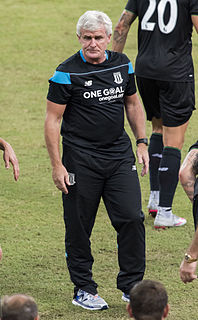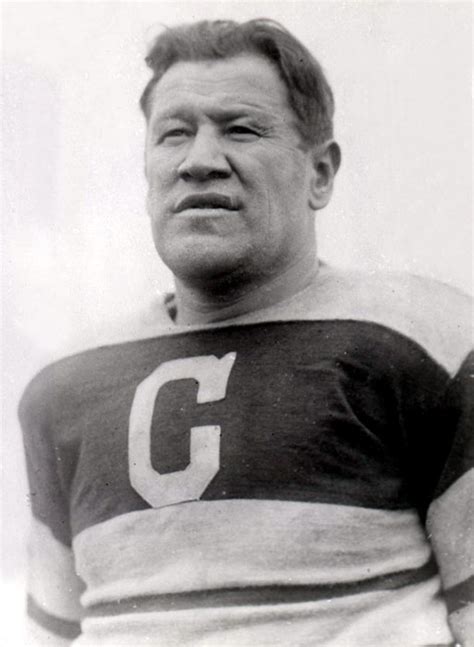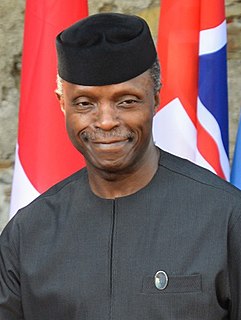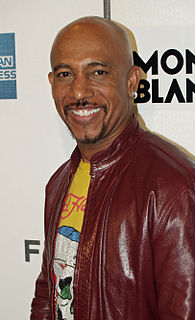A Quote by Clara Shih
Looking back at my first job, even when I was asked to do something seemingly menial, unglamorous, or very difficult, I always went all-in. In my most trying moments with managers I liked the least, I did not give up, complain, or slack off.
Related Quotes
Your agents and your managers will always say stuff to you like, "It's really important to make a good first impression on a casting director. And even though you didn't get that job, because you did well that means they'll keep bringing you back in." But when you really just need a job to pay your rent, that stops being very consoling.
An interesting difference between new and experienced stage managers is that the new stage manager thinks of running the show as the most difficult and most demanding part of the job, whereas the experienced stage manager thinks of it as the most relaxing part. Perhaps the reason is that experienced stage managers have built up work habits that make then so thoroughly prepared for the production phase that they [can] sit back during performances to watch that preparation pay off.
I truly believe that everything happens for a reason. So you asked, ‘When things get really, really difficult in your life, what keeps you going?’ For me, it’s always that the most difficult moments in my life, the moments in which I believe I’ve completely failed or hit bottom, I can actually directly link them to something later that is either a true success or a dream come true. So, I do believe that if you can maintain that everything happens for a reason, you can find the strength and the lesson in those difficult moments and grow stronger.
It's very difficult to measure the impact on policy of any investigative journalism. You hope it matters to let a little more truth loose in the world, but you can't always be sure it does. You do it because there's a story to be told. I can tell you that the job of trying to tell the truth about people whose job it is to hide the truth is about as complicated and difficult as trying to hide it in the first place.
Would it be possible for me to see something from up there?" asked Milo politely. "You could," said Alec, "but only if you try very hard to look at things as an adult does." Milo tried as hard as he could, and, as he did, his feet floated slowly off the ground until he was standing in the air next to Alex Bings. He looked around very quickly and, an instant later, crashed back down to the earth again. "Interesting, wasn't it?" asked Alex. "Yes, it was," agreed Milo, rubbing his head and dusting himself off, "but I think I'll continue to see things as a child. It's not so far to fall.



































